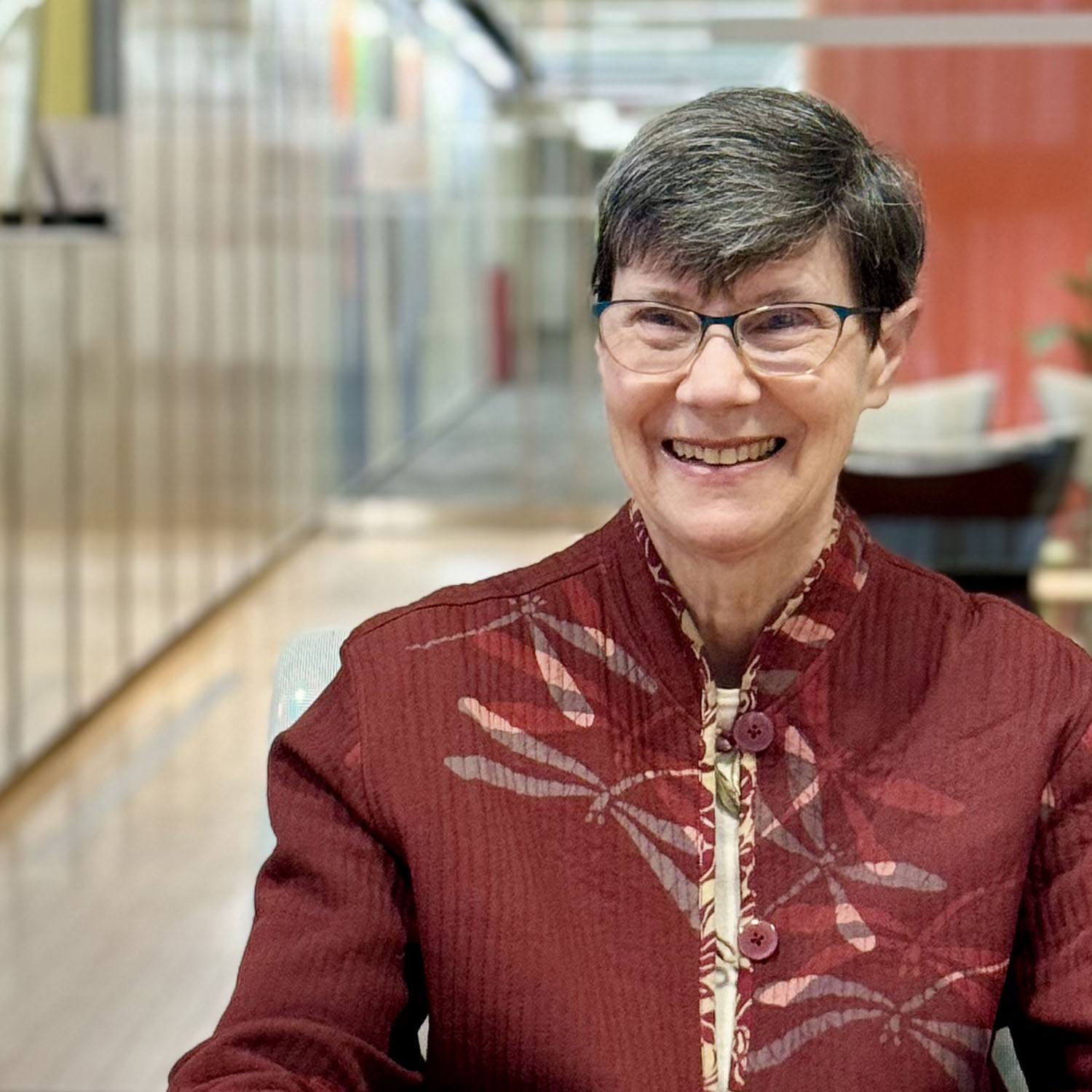Advancing Research on Whole Person Health
Director’s Page
Helene M. Langevin, M.D.
April 4, 2025
At the National Institutes of Health’s (NIH) National Center for Complementary and Integrative Health (NCCIH), we have been working over the last half-decade to advance the concept of whole person health. From research to health care delivery, our health has historically been compartmentalized by individual conditions, organs, or other biologic systems. In the health care system, this means that co-occurring chronic diseases are usually treated separately. Once these diseases occur, the symptoms of disease progression are managed with medications or surgery, which carry the potential of side effects—too often, leaving important contributing factors unaddressed, such as poor diet, sedentary lifestyle, chronic stress, and poor sleep.
Whole person health inverts this traditional thinking, and instead of treating diseases one at a time, once they occur, it combines psychological, nutritional, and physical interventions and self-care to address the whole person proactively. We know that if lifestyle interventions are deployed at an early stage, there are opportunities to prevent and even reverse many chronic diseases. Yet, these interventions are not sufficiently supported in our current health care system and are rarely used in an integrated manner. The aim of research on whole person health is to provide the knowledge needed to most effectively prevent and treat disease, and to understand how to promote and restore health.
I’m proud of the work that NIH is doing in collaboration with other Federal agencies to advance research on whole person health and deepen the evidence that can inform better care for all people—and lead to not only better health outcomes but also potentially significant cost savings for individuals and the health care system as a whole. Efforts include many critical accomplishments and milestones:
- Workshop on methodological approaches for whole person research
- Bridge2AI initiative to leverage artificial intelligence (AI) in uncovering the path to health restoration
- Establishing a research center dedicated to whole person health
- Launch of the whole person health index, in collaboration with the Centers for Disease Control and Prevention
- Collaboration between NCCIH and NIH’s All of Us Research Program
- Launch of the stakeholder-led NCCIH Coalition for Whole Person Health
- Publication of the “Making a Case for Whole Person Health” case study analysis of the potential cost savings of a whole person health approach to care, and discussion of the economic imperatives during NCCIH�’s 25th anniversary lecture event
Together, this work has helped to establish the infrastructure needed to support the inherently more complex studies necessary to understand whole person health. With the right methods, datasets, health models, and AI tools, we’re equipping researchers to chart new territory in understanding the causes of disease and drivers of health. And by fostering conversation on the whole person health framework at Institutes and Centers across NIH and other Federal agencies like the Department of Veterans Affairs and the Centers for Medicare & Medicaid Services, the health care community will have the opportunity to benefit from the best that rigorous scientific analysis and thoughtful, interdisciplinary synthesis have to offer.
As the whole person health framework continues to underpin our strategic plan and take root more deeply, the research community will be poised to contribute important scientific evidence on the benefits of using an integrative approach—especially combining diet, physical activity, and stress management—to address the needs of the whole person. In doing so, we will unlock new tools for addressing the burden of chronic disease to help mitigate the factors that drive declines in health and, instead, put people on the path to better health and resilience over a lifetime.
